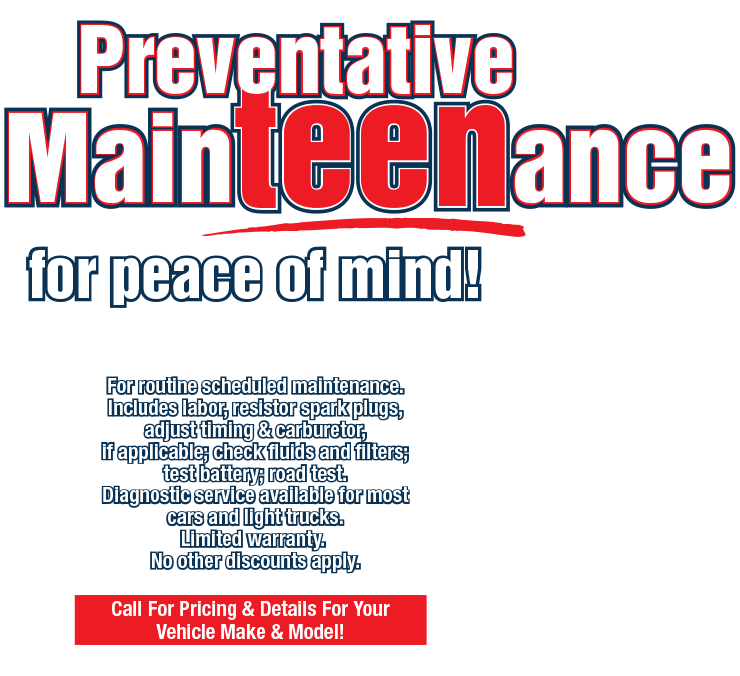Using Proper Fluids in Your vehicle
May 31, 2020
Today, Gary Knurek GoodYear is writing about the proper fluids for your vehicle. It's become more complicated with changes in automotive design and manufacturing. It's not that people in Troy are confused as much as they don't realize how much things have changed in recent years.
If you have questions about the fluids in your vehicle, please don't hesitate to stop by Gary Knurek GoodYear. You can find us on 1973 Livernois in Troy, Michigan 48083.
Just give us a call at 248-362-0350.
Let's take engine oil. Twenty or 30 years ago, there were just a handful of different weights of oil. The weight of an oil is a scientific measure of its properties, particularly its viscosity or thickness.
It was common in those days to use a lighter weight oil in the winter when it's cold outside. That way the oil would be able to splash around inside the engine and protect the parts before it was fully warmed up. And a heavier weight oil would be used in the summer. The thicker oil wouldn't thin out too much in the summer heat and vaporize in the engine.
Modern valve trains have become very complicated with more moving parts and small passages than ever before. The valve train is in the top of the engine, so when the vehicle has been turned off for a while, the oil tends to run down to lower areas. That means the valve train parts are vulnerable at start-up, before the oil starts circulating.
So new weights of oil have been introduced to meet the engineering specifications of these newer engines.
Manufacturers are recommending specific weights of oil. The recommendation is often printed on the oil fill cap. It's certainly in the owner's manual. Of course, Gary Knurek GoodYear in Troy can look it up for you.
It's more important than ever to have the correct weight of oil. The wrong weight could actually harm the engine.
Other fluids are also becoming more sophisticated. In the last few years new types of transmission, power brake fluid and coolant have all been introduced for some of the same reasons as for engine oil.
In addition, vehicle manufacturers are now using a wider variety of materials in these systems. Looking at the cooling system as an example, it used to be that the parts were all made out of steel or iron and the hoses were rubber. Now, some parts are plastic, aluminum or other materials.
So the anti-corrosion additives contained in the coolant, or anti-freeze, need to be different in order to protect the different materials used to make the cooling system. If you use the wrong coolant that wasn't formulated to protect your plastic cooling system parts, they could become corroded and fail. And if you're using the wrong coolant, your cooling system won't be covered under warranty. So it's important to use the right coolant and to not mix different types.
Your owner's manual or service advisor at Gary Knurek GoodYear can make sure you're using the right type. You may have heard of universal coolant. Universal, or global, coolant can be added to other types without harmful reactions. That's OK for an emergency top off, but following your manufacturer's recommendation for your vehicle or other auto type is always a safe bet.
In the area of brake fluid, there are a couple of new formulations. It's important to remember that the new ones aren't better than the old ones. They're just different formulations for different vehicles. So if your vehicle calls for DOT 3, using DOT 4 or DOT 5 is not an upgrade. Use the recommended formula.
There are fluid formulations for vehicles with higher mileage. These are special engine oil, transmission fluid and so on that contain additives to condition and restore seals and gaskets in older engines.
They're fine to use as long as they're a variant of the proper fluid. In other words you can use a high mileage engine oil as long as it's also the correct weight recommended by the manufacturer. Same goes for transmission fluid; as long as it's the right type for your transmission.
Gary Knurek GoodYear
1973 Livernois
Troy, Michigan 48083
248-362-0350
Need Service?
More articles from Gary Knurek, Authorized GoodYear Dealer

When it Comes to Air Filters, Change is Good (Clogged Air Filter)
January 5, 2025
Engine air filters may not seem like a big deal, but when theyre clogged up with dirt, dust, and insects, your engine could wind up choking for air and not delivering you the power and performance it was designed to give. There are actually a couple of air filters in your vehicle. One filters th... More

Bump in the Road (Alignment)
December 29, 2024
There's something you can do that helps your tires last longer, wear more evenly and your vehicle handle better. "Sign me up," you say! Wondering what that is? It's aligning your wheels, and it will literally point you in the right direction when it comes to a better and safer driving experience... More

Differential Essential (Differential Fluid Exchange)
December 22, 2024
What's the dif? To an automotive technician, it's the differential, a part of your vehicle that helps direct power from the engine to the wheels. The differential is a gearbox that enables the drive wheels to turn at different speeds (they do that when you turn). Inside the differential is a f... More









